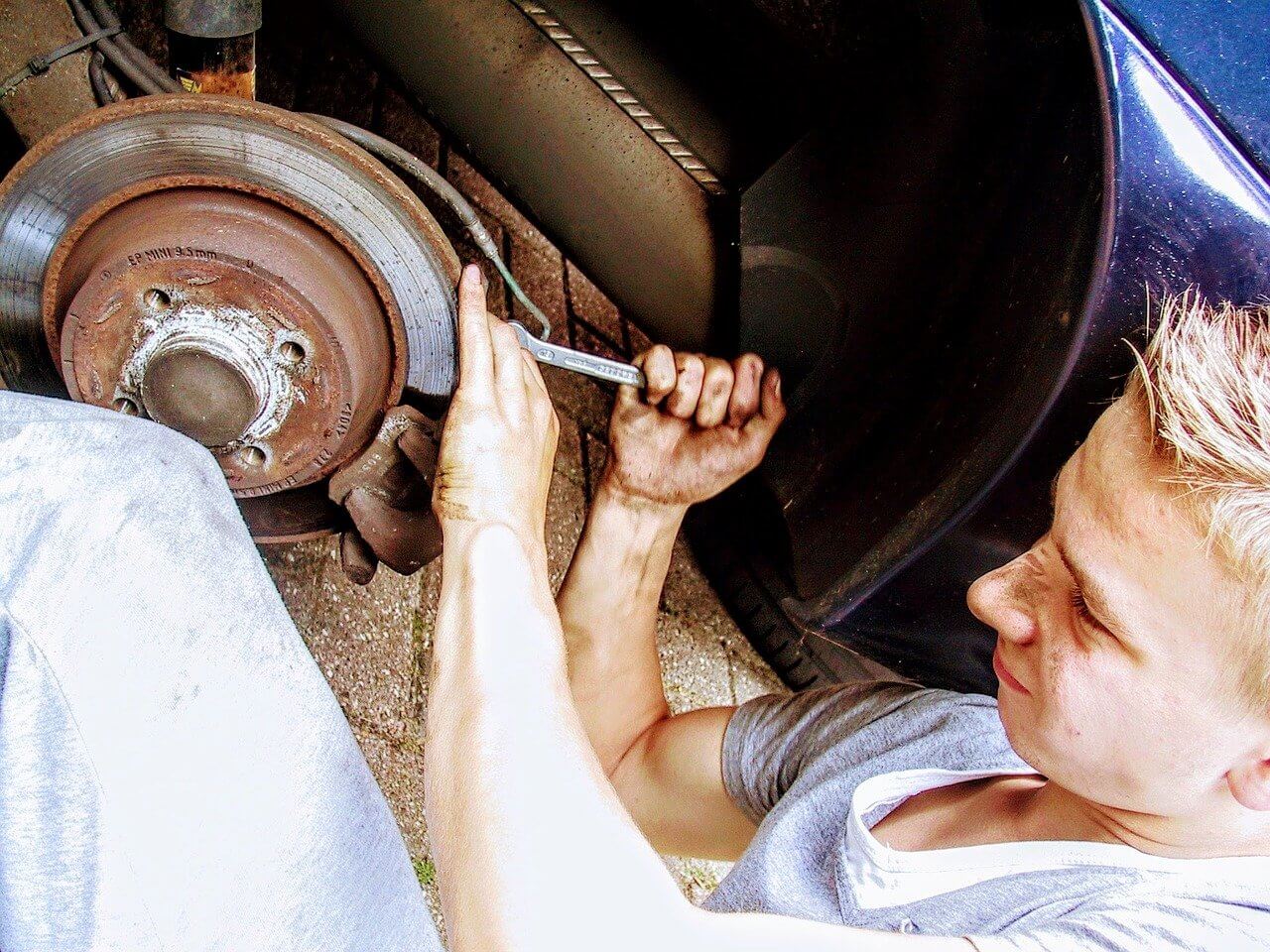If you need to stop abruptly, your car can cover a distance nearly equal to the width of a cricket field before coming to a standstill, and that too is only possible if the most critical safety system is well maintained and completely functional. Those are the brakes.
Just like a human body sends signs that show when the body is sick, brakes send out signals when there is a need for a brake replacement. You just need to be vigilant enough to spot the signs and be punctual enough to get those brake repairs done on time. If you know the simple signs that you need to spot those, you can easily avert a complete brake failure. Spotting signs of faults in brakes is like taking a single stitch in time to save nine.
Now, if you are regular with your car servicing, then you are less likely to spot any of these signs. But, if you are due for a car service for a long time, then the below-mentioned five signs can come in handy for you.
Slower response time
If it feels like your car is taking longer to slow down or stop than usual, it could be a sign that your brakes aren’t working properly. Rather than wait for an emergency situation to find out if there’s something wrong with your brakes, it’s worth having them inspected straight away.Squeaking or squealing sounds
When you engage your brakes, have you ever heard a high-pitched screaming sound? Your brake pads are wearing down and need to be replaced if they are squealing or shrieking. The metal shim, which provides you with a warning sound when your brake pads wear away, is the source of this disagreeable noise. If you hear squealing when you brake regularly, have your brake pads examined. Deep, low grinding noises indicate that your pads have worn down to the point where metal-on-metal contact has occurred. This can cause serious damage to your vehicle, so if you hear this noise, have your brakes checked right soon.Pulling or vibrations caused from braking
Have you ever got a feeling that your car has a mind of its own and is trying to break free from your clutches as if it wants to take a turn towards left or right while you apply brakes? This is not your car getting possessed by something extra-terrestrial. It is just another indication of a problem in the braking system. The most likely explanation would be stuck callipers or lack of brake fluid or insufficient oiling. This happens when the callipers are moving unevenly due to some reason, and that is applying more force on one wheel and less on the other wheel. You need to get your brakes checked before the problem worsens.Brake pads are thinning
Most cars have disc brakes that have hydraulic systems filled with brake fluid which trigger sets of padded clamps known as callipers when the brake pedal is pressed. This causes the callipers to squeeze together on a disc known as the rotor. The friction that occurs between the pads and rotor is responsible for stopping the car. As there is friction involved, it is obvious that these pads wear out over time, which makes the brakes less effective. So, you need to keep checking the thickness of the pads. Keep checking the space between the metal calliper and the rotor. That is the pad, which should be one-quarter of an inch thick.Brake pad indicator light is on
Brake warning lights are seen on the dashboard of most modern vehicles. The Antilock Braking System (ABS) light is one, while the braking system warning light is the other. It's not always the case that your brake light illuminates when there's a problem; it's also the light that illuminates on your dashboard when your parking brake is engaged. However, if your parking brake isn't engaged and you're seeing a brake warning light, it's time to have a brake professional analyse your problems.
All the above-mentioned signs are the most probable ones for getting brake replacement. Remember, regular brake fluid replacement and oil checks are the keys to healthy brakes. There are no words to explain how important regular brake repair and maintenance is for road safety.








